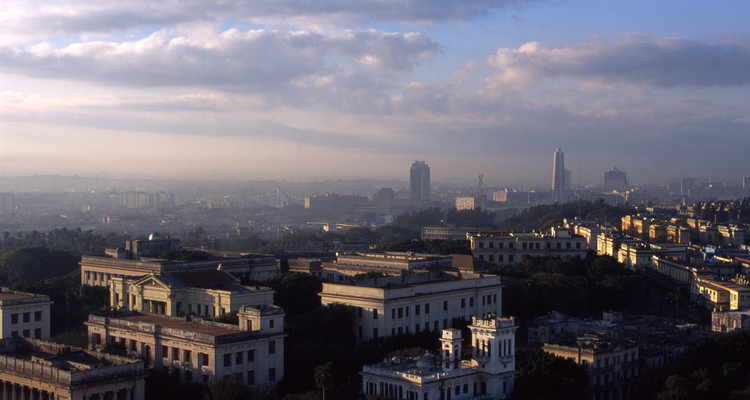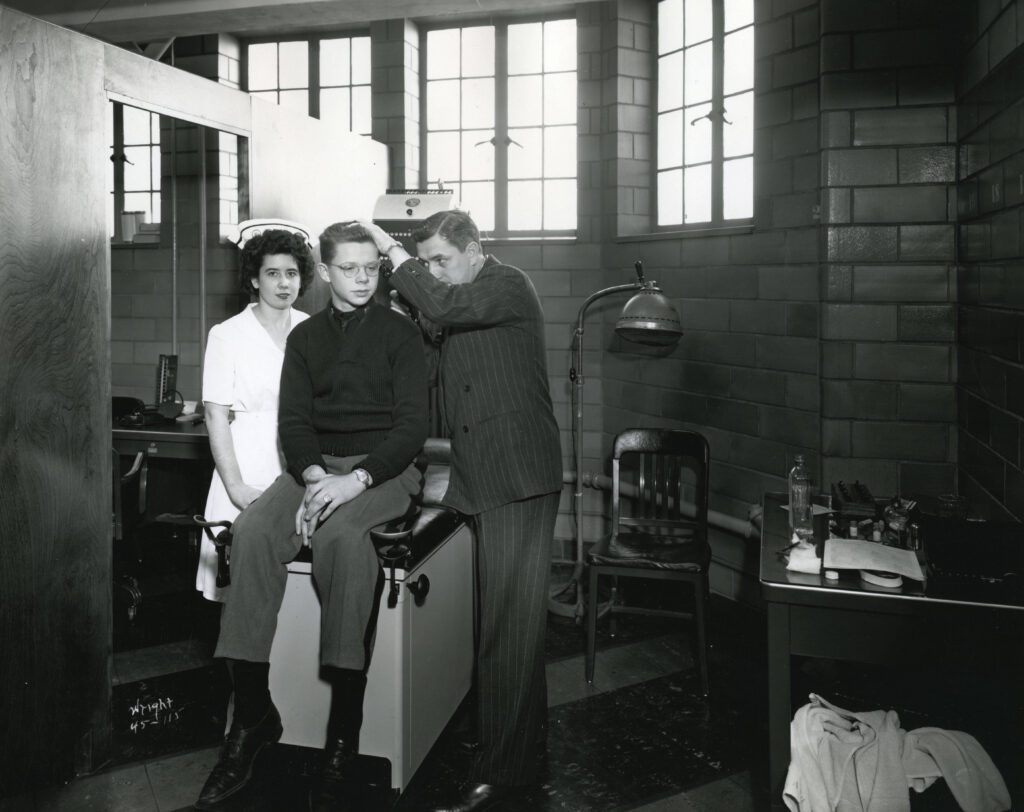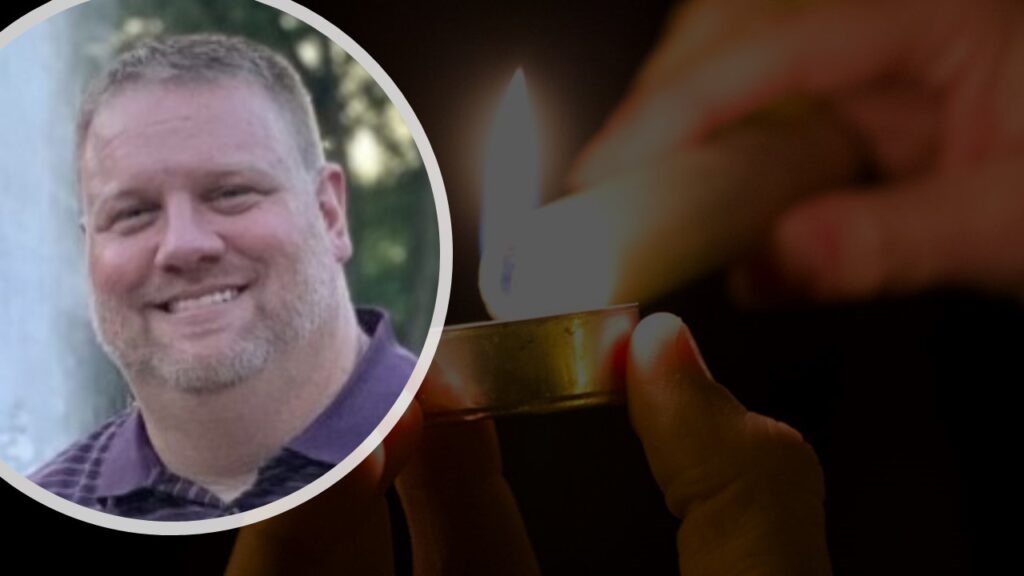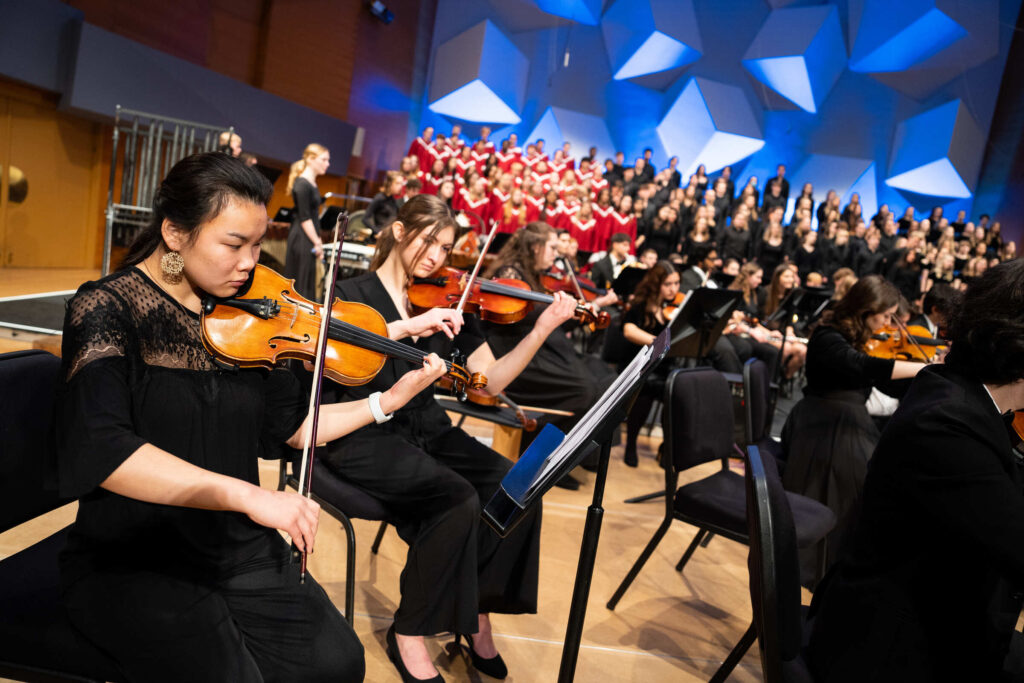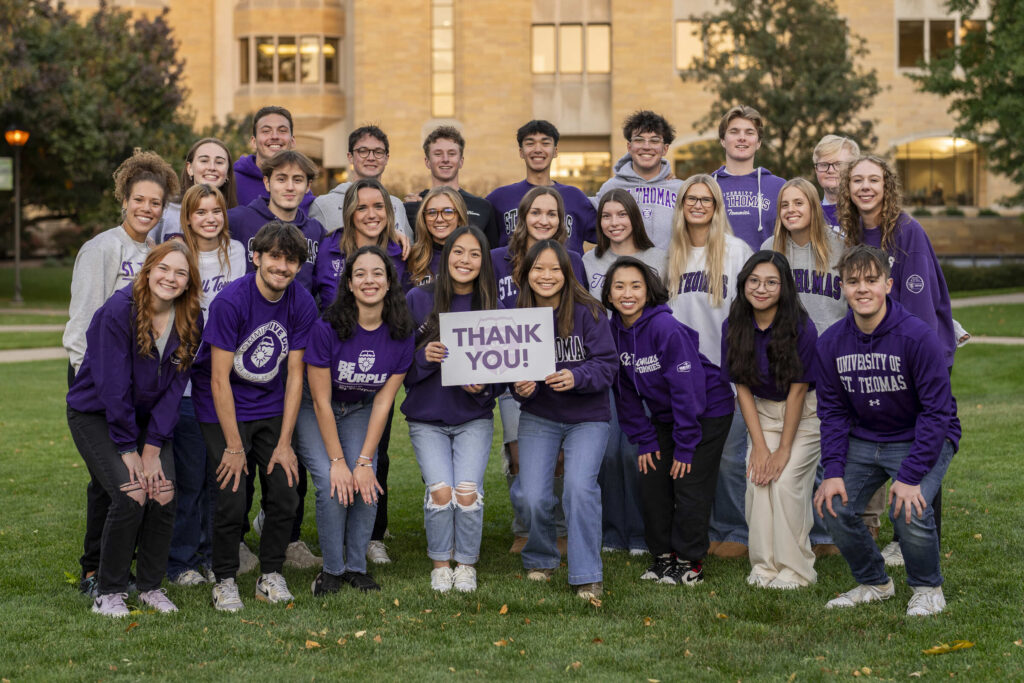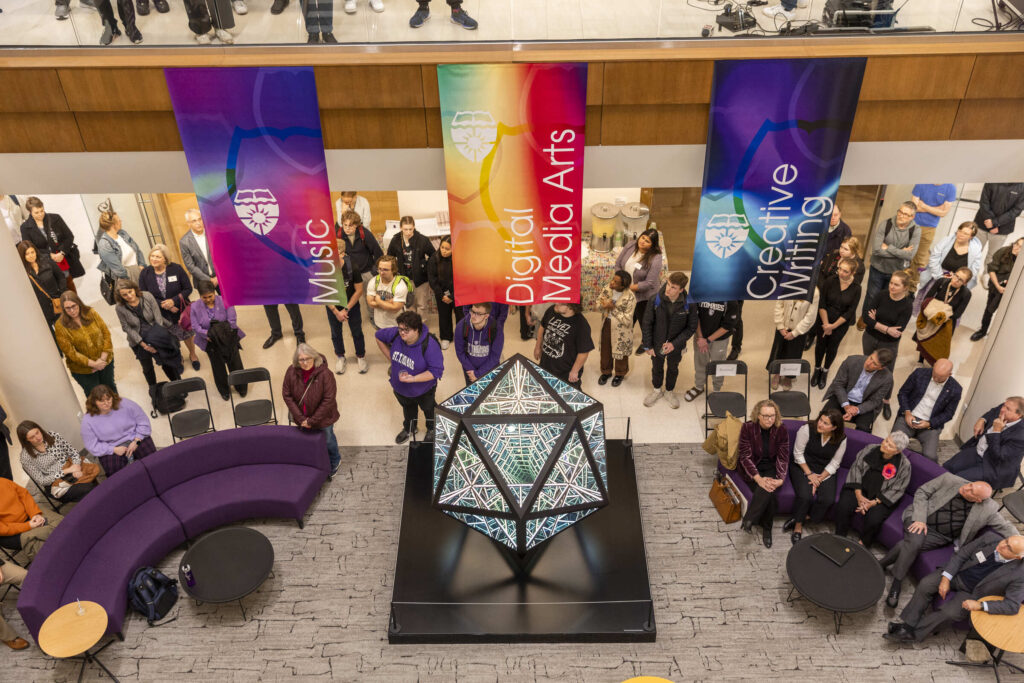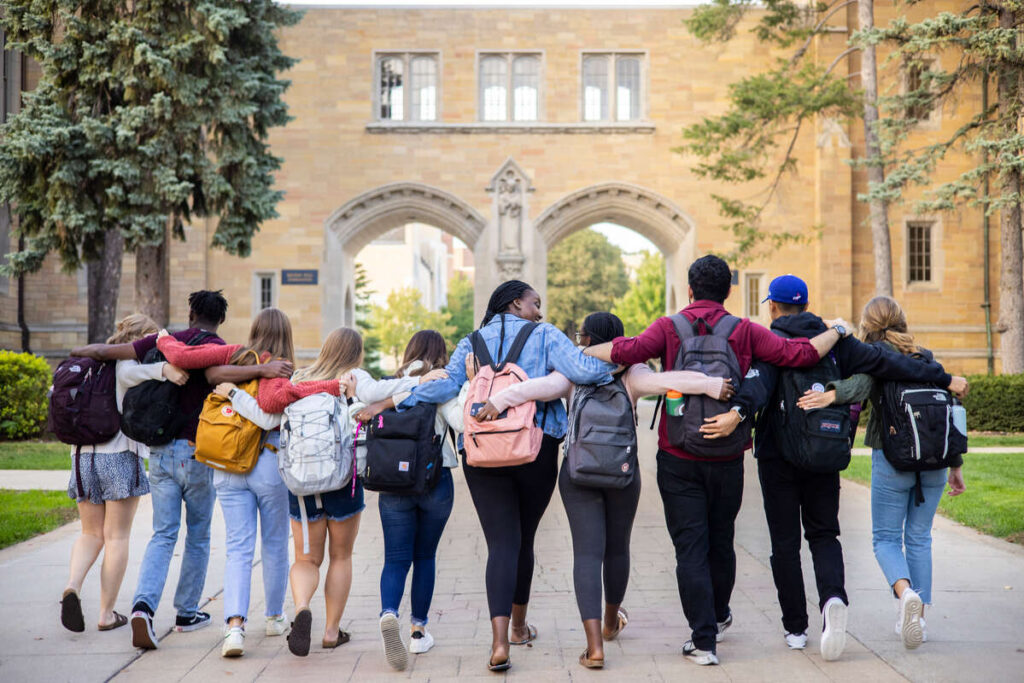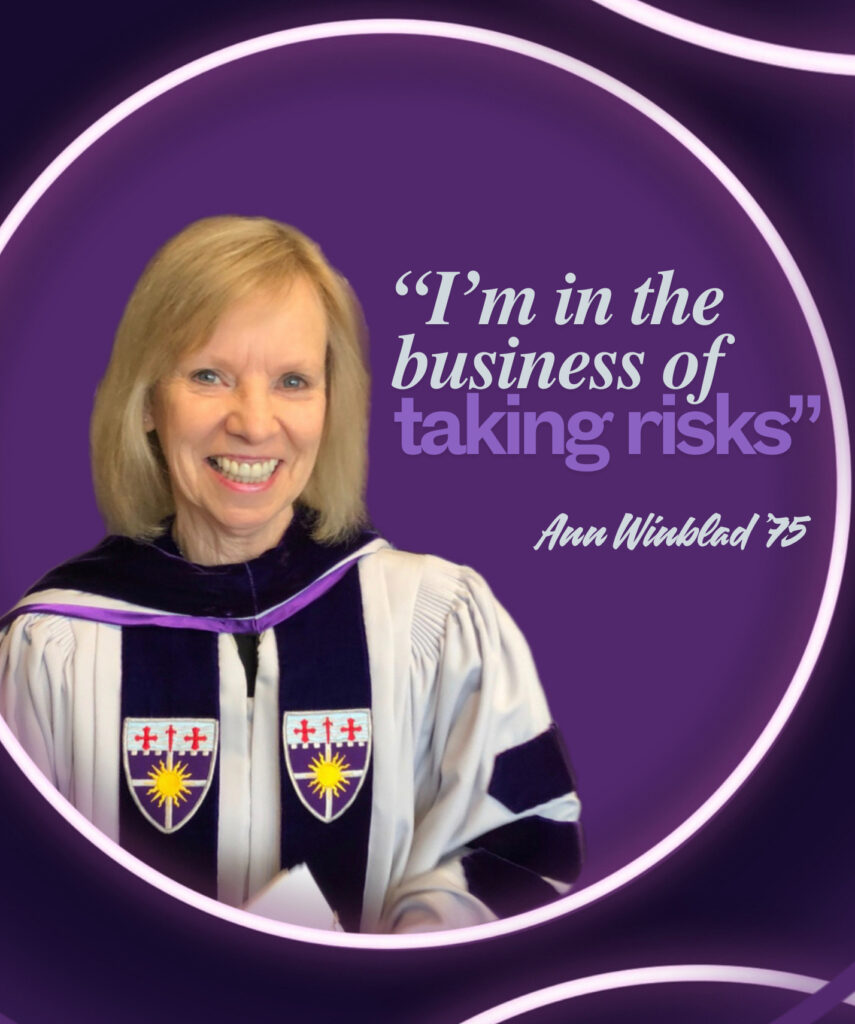Master’s students from the International Leadership Program and the Murray Institute saw history in the making this summer. The 13 students spent June 16-29 in Cuba as part of a study abroad experience. They also got a sense for the changing U.S.-Cuban relations and what the future might hold for Cuba.
"I felt like I was participating in history,” recalls Scott Silver, assistant director for the study abroad experience and a doctoral candidate. “I felt like I was on the cusp of everything changing.”
One of the highlights of the course was an off-the-record briefing with Christine Tribble, the Cultural and Educational Affairs Officer at the then United States’ Interests Section. She couldn’t give details, but she told the class to expect big news from Cuba soon. Just days after the class returned home, the United States formally announced a date to reopen its embassy and re-establish diplomatic relations with Cuba. On July 20, the U.S. Interests Section he had visited became the U.S. Embassy.
The tone of openness characterized the entire experience, as Silver and the other participants found that Cubans welcomed restored relations with the United States. The bus provided by the Martin Luther King Center, a Cuban NGO that helped with the educational programing, served as the class’s transportation around the country and stated in bold, red letters on each side: “End the Embargo Against Cuba” and “U.S.-Cuba Friendshipment."
“When they saw the bus like that, it was a message that hit everyone," Dr. Jean Pierre Bongila, associate professor and director of the International Leadership Program, said.
Cubans demonstrated this openness throughout the week by their willingness to broach any subject.
“I thought they would be hesitant to talk to us because of the history,” Edmond Ngeh, a second year master’s student in the course, said. “But they were very open and well informed about their own political and economic situation. They were very informed about culture in the U.S. They watch a lot of new movies that we watch here.”
It amazed Silver, too, that Cubans could be so well informed without free press and Internet. Though American music and movies make it onto the island, American products do not. Not seeing Coca Cola and Starbucks signs made Silver feel like he had truly come to a different place. At the same time, the emblem of a café clearly imitating Starbucks let him know that Cubans are open to American brands and merchandise.
A week to learn a country
Over the course of the week, the class spent time in Havana, Santa Clara and Varadero, mingling with locals and visiting cooperative and organic farms, schools, the Latin American School of Medicine (ELAM), the Che Guevara Museum, the University of Havana and community centers. They also had lectures and discussions with academics and community leaders.
“They showed us the upside of socialism,” Silver said.
It’s hard to imagine a bright side to living in country were the average salary is $20 to $40 a month, but “you don’t see people living in squalor. You feel like people have their basic provisions,” Silver observed.
Though Cubans have little disposable income, thanks to government subsidies for food and housing, plus free education and healthcare, Cubans are able to cover the basics necessities. Silver also picked up on an attitude of solidarity that he found stronger in Cuba than in other Caribbean and Latin American countries he’s visited.
“There is really a sense of community,” Silver said. “You didn’t feel like there were elite classes. It didn’t matter what you made or who you were, you were still a human being and a member of the community.”
They were also surprised to learn that Cuba produces 50 percent of its own oil and sources half of vegetables in the country from small gardens. They also learned that 111 Americans are going to medical school for free at ELAM. Bongila already knew that the medical school had an international student body, but he didn’t know that it included American students. When they return to the states as doctors, they must spend five years doing preventive medicine family medicine. According to Bongila, opening the institution to people from around the world is a continuation of the revolutionary principal of global solidarity.
The class saw the dystopian side of Cuban society, too.
“In the houses we saw that people lived in, the walls were peeling apart and needed a lot of repairs, especially in Havana and Santa Clara,” Ngeh said.
Cuba’s famously crumbling infrastructure and government control were the students’ first experiences. When they arrived at the hotel they had booked near the University of Havana, they found their reservation had been switched to other accommodations nearby. This is classic Cuba, according to Silver, and a glimpse of how the government can reach into the daily operations of businesses.
“When that happens you know it’s the government,” Silver said. “Someone more important than you came in.”
Their new hotel featured a door-sized hole in the third floor outer wall, mosquitos in the showers and mold on the walls. Though they wanted to grasp the typical Cuban experience, the hotel’s conditions made a move to a hotel in Miramar, the upscale part of the city where diplomats and high-level government officials live, necessary to keep everyone healthy through the rest of the course.
Nevertheless, the overall health and fitness of Cubans impressed Silver. He attributes it to the lifestyle. Driving a car and eating snacks like potato chips are luxuries, so most people walk or bike for transportation and eat basic staples of rice, beans, and fresh fruit. The class also witnessed the longevity of Cubans when they engaged with a senior citizens group at the Martin Luther King Center. Dancers in their 90s, and one who boasted being 103 years old, gave them a salsa lesson.
Even with its challenges, Silver found that Cubans remain committed to the ideal of equality that was the banner of the revolution. Rainer, the class’s translator, told Silver that he could have defected easily on a trip to the Bahamas but returned to Cuba because he loved his country.
Going back
Silver and Bongila realize the privilege of spending time in Cuba at this moment in history. The government is planning to build 300 hotels a year in anticipation of an influx of American tourists. Cuba could be very different in the near future.
One student, Susan Hastings, made a quick return to the island. Planning to work in urban farming after earning her Master’s in International Leadership, she did an internship and conducted interviews at a farming cooperative as research for her thesis at the end of October.
Learn more about the experience by watching this video. And stay tuned for more information on the 2016 field experience slated for Brazil!
